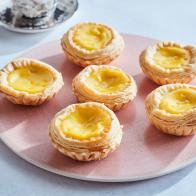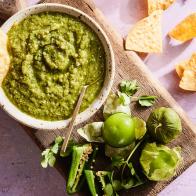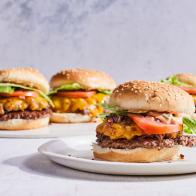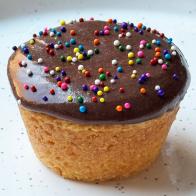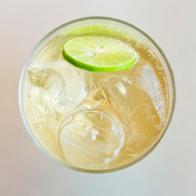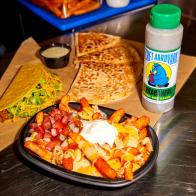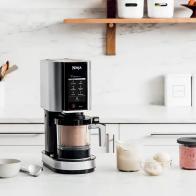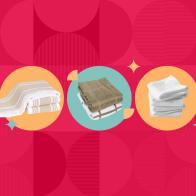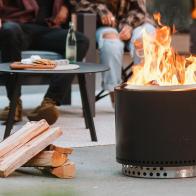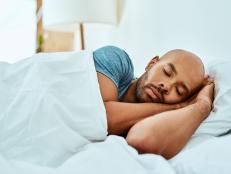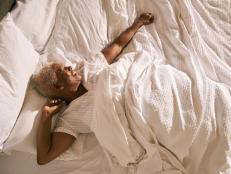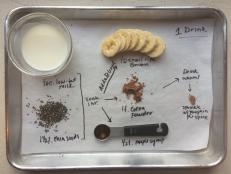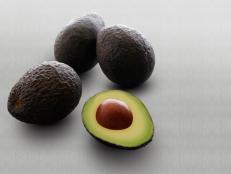Sleep-Friendly Dinners and Bedtime Snacks — and How Lack of Sleep Affects Your Appetite


Bedtime Snack Do’s and Don’ts
A little nosh before you hit the hay — what can be the harm? The Wall Street Journal suggests that some bedtime snacks may be better than others. For instance, for a solid night’s sleep, it’s best to steer clear of high-energy — high-fat and high-protein — foods, which can give your body a jolt, just when you’d like it to be settling down, and boost inflammation (although eating foods high in Omega-3 fatty acids during the day may reduce this effect).
The best bedtime snack choices, Texas A&M Health Science Center neuroscientist David Earnest tells the Journal, are high-magnesium foods, like leafy greens and pumpkin seeds, which can relax your muscles and diminish restless legs syndrome; high-tryptophan foods, like milk, unprocessed turkey and hazelnuts, which can speed the onset of REM sleep; and fruit, especially melatonin-triggering cherries, bananas and pineapples. “Unless you’re exceeding the normal calories in a day consistently,” Earnest told the Journal, “late-night fruit should not be a problem.”

Marilyn Barbone
Dine with Sleep in Mind
What you eat for dinner can make a difference in your sleep quality as well. Time magazine cites recent research, published in the Journal of Clinical Sleep Medicine, indicating that people who ate more high-fiber foods (fruits, vegetables, whole grains, seeds, nuts and pulses) enjoyed more restorative slow-wave sleep during the night; those who ate less fiber and more sugar and saturated fat (such as dairy products and fatty red meats) had less restorative sleep and more wakefulness during the night.
Time suggests four high-fiber, low-saturated-fat and low-sugar dinner menus (recipes helpfully provided) that include “at least one food thought to bring on a good night’s rest, such as lentils, leafy greens, salmon, kiwi, sunflower seeds, brown rice and quinoa.” They sound tasty too.
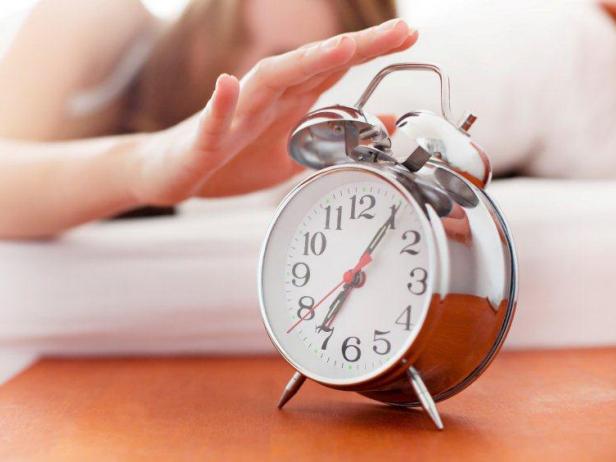
It Goes Both Ways
And by the way, not only does what you eat affect how you sleep, but how (and how much) you sleep affects what you eat as well. A new study, published in the journal Sleep, indicates that sleep deprivation amplifies and extends the levels in your blood of a chemical signal that boosts the pleasure you take in eating, especially “highly palatable, rewarding snacks,” like cookies, candy and chips, making them harder to resist.
Researchers say the effect is most pronounced in the late afternoon and early evening, when snacking can easily lead to weight gain. The study suggests that “if you have a Snickers bar, and you’ve had enough sleep, you can control your natural response,” University of Chicago research associate Erin Hanlon, Ph.D., explained in a release. “But if you’re sleep deprived, your hedonic drive for certain foods gets stronger, and your ability to resist them may be impaired. So you are more likely to eat it. Do that again and again, and you pack on the pounds.” Gulp.
Amy Reiter is a writer and editor based in New York. A regular contributor to The Los Angeles Times, she has also written for The New York Times, The Washington Post, Glamour, Marie Claire, The Daily Beast and Wine Spectator, among others, as well as for Salon, where she was a longtime editor and senior writer. In addition to contributing to Healthy Eats, she blogs for Food Network’s FN Dish.
